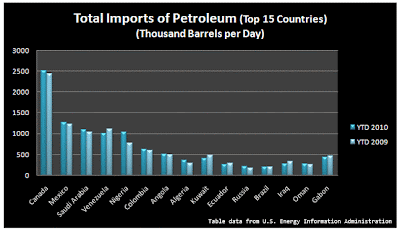“To preserve our independence, we must not let our rulers load us with perpetual debt. We must make our selection between economy and liberty or profusion and servitude.
If we run into such debts as that, we must be taxed in our meat and in our drink, in our necessaries and our comforts, in our labors and our amusements, for our callings and our creeds, as the people of England are.
Our people, like them, must come to labor sixteen hours in the twenty-four, give the earnings of fifteen of these to the government for their debts and daily expenses; and the sixteenth being insufficient to afford us bread, we must live, as they now do, on oatmeal and potatoes, have no time to think, no means of calling the mismanagers to account; but be glad to obtain subsistence by hiring ourselves to rivet their chains on the necks of our fellow-sufferers.
Our land-holders, too, like theirs, retaining, indeed, the title and stewardship of estates called theirs, but held really in trust for the treasury, must wander, like theirs, in foreign countries, and be contented with penury, obscurity, exile, and the glory of the nation.
This example reads to us the salutary lesson that private fortunes are destroyed by public, as well as by private extravagance. And this is the tendency of all human governments.
A departure from principle in one instance, becomes a precedent for a second, that second for a third, and so on, till the bulk of society is reduced to be mere automatons of misery, to have no sensibilities left but for sinning and suffering.
Then begins, indeed, the bellum omnium in omnia, which some philosophers, observing to be so general in the world, have mistaken it for the natural, instead of the abusive state of man.
And the forehorse of this frightful team is public debt. Taxation follows that, and in its train wretchedness and oppression.”
– Thomas Jefferson



















